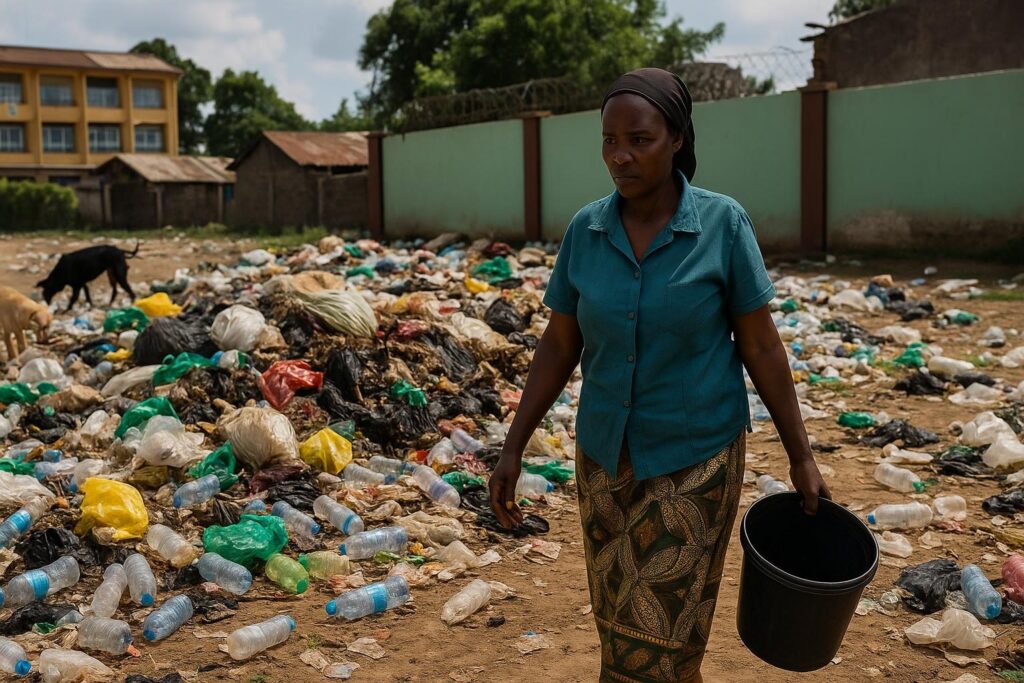Grassroots Legal Notice Rocks Juba
Fed up with uneven roads and dry taps, communities in Gudele, Hai-Referendum and Mia-Saba have sent a formal legal notice to Juba’s authorities, warning that a constitutional lawsuit will follow unless basic services improve within 14 working days.
Residents Invoke Bill of Rights
Represented by counsel Mario Maker Majok, the petitioners cite Articles 37, 41 and 126 of the 2011 Transitional Constitution, asserting that access to clean water, safe roads and a healthy environment is not a privilege but an enforceable right.
“We are merely asking institutions to do their statutory job,” explains community organiser Sebit Ladu, stressing that the notice reflects broad frustration yet remains rooted in legal procedure rather than street protest.
Targeted Ministries Under Scrutiny
The Ministries of Roads and Bridges, Environment and Forestry, along with Juba City Council, are singled out for what residents describe as years of budgeted projects that never left the planning table.
Officials contacted by this magazine declined comment, saying they had not yet reviewed the filing, although one engineer in the Roads Ministry privately noted that “resource constraints” have slowed maintenance across the capital.
Economic Toll of Neglected Roads
Market vendors report transport prices doubling in rainy months as trucks stall on muddy corridors, eroding profit margins and pushing food costs higher for low-income households already bruised by inflation.
Legal Timeline and Possible Impact
Under South Sudanese procedure, respondents have 14 working days to offer remedies or face a petition before the Supreme Court, whose rulings carry national precedent.
If adjudicated, the case could transform civic activism by shifting debate from streets to courtrooms, establishing a template for rights-based service delivery claims across East Africa.


